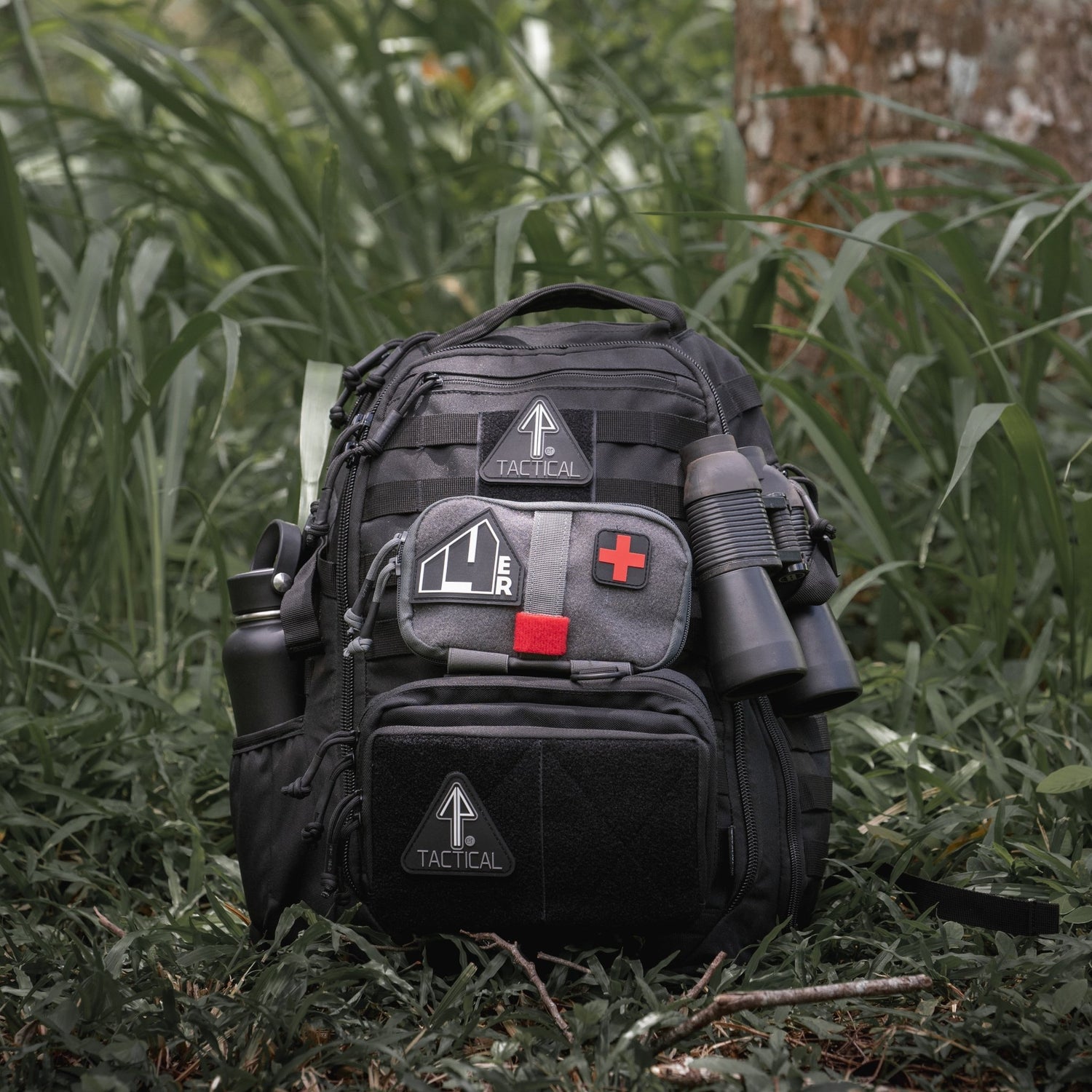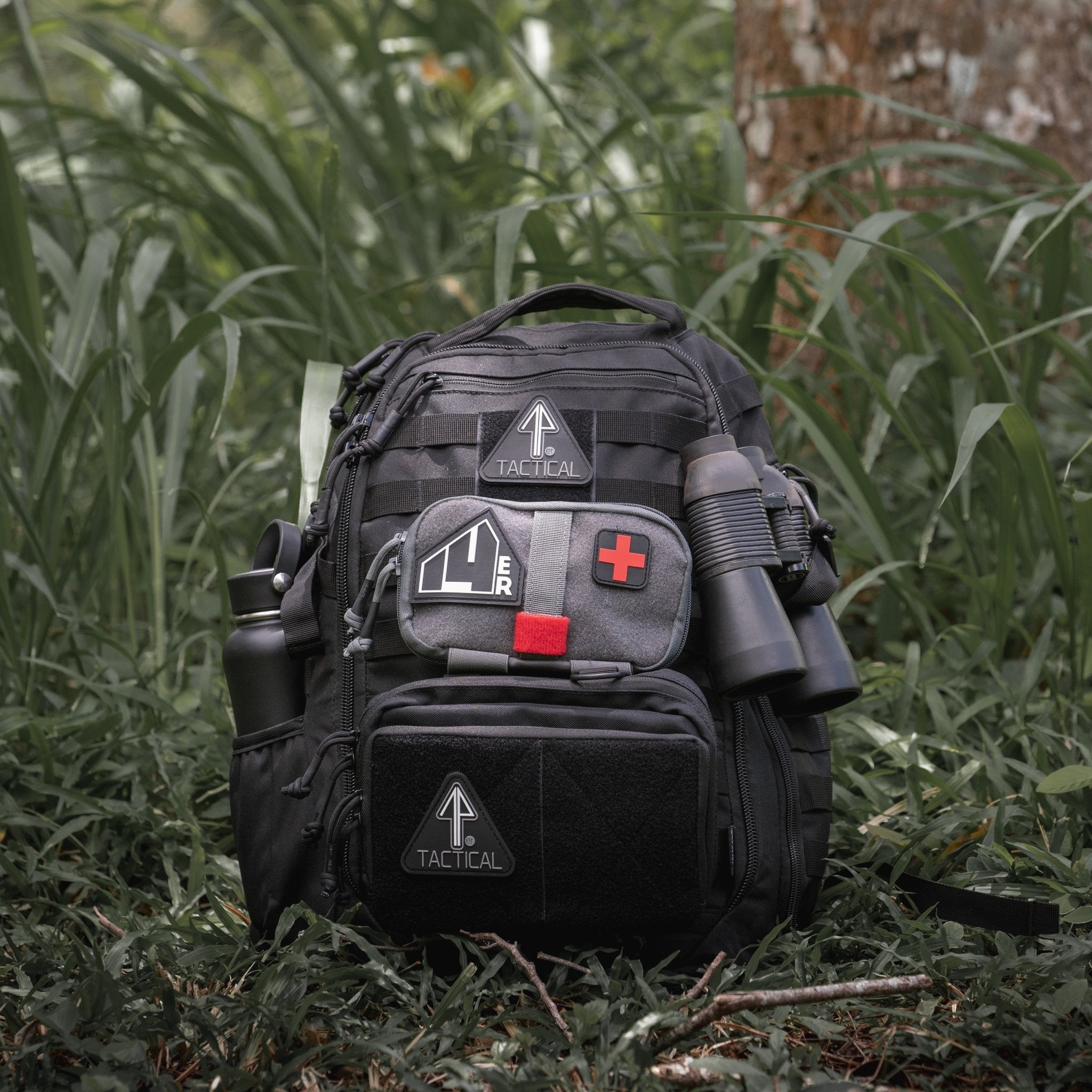
Embarking on a trek through nature's stunning landscapes offers an invigorating experience, particularly for those new to hiking. The allure of exploring winding trails and lush surroundings is truly captivating for beginners. Whether it's a leisurely ramble or a more challenging trek, the beauty of the great outdoors beckons all to embark on this exciting journey.
Essential for Novice Hikers
Choosing the Right Trail
When venturing into the world of hiking, selecting the right trail is paramount for novice hikers. Opting for beginner-friendly trails ensures a safe and enjoyable experience, allowing newcomers to acclimate to the joys of hiking without feeling overwhelmed. These entry-level trails typically offer well-marked paths, manageable inclines, and captivating scenery, making them ideal for those new to outdoor exploration.
Importance of Proper Footwear
Equally essential for novice hikers is the choice of proper footwear. Investing in comfortable and supportive hiking shoes or boots is crucial for preventing discomfort and potential injuries on the trails. The right footwear provides stability on uneven terrain and protects the feet from blisters or strains, ensuring a more pleasant and pain-free hiking experience.

Necessary Equipment for Trail Safety
Essential Gear for Hiking
When preparing for a hiking adventure, having the right equipment is essential for ensuring a safe and enjoyable experience on the trails. A sturdy backpack is crucial for carrying essentials such as water, snacks, a first aid kit, and other necessities. The 14er Tactical Backpack, known for its durability and ample storage space, is an excellent choice for hikers seeking reliability and functionality. Additionally, a reliable map or GPS device is indispensable for navigating unfamiliar trails and ensuring hikers stay on course throughout their journey. By equipping oneself with these essential items, novice hikers can feel more confident and prepared as they embark on their outdoor excursions.
Importance of Hydration
One of the most critical aspects of trail safety is maintaining proper hydration throughout the hike. Carrying an adequate supply of water ensures that hikers can stay hydrated, especially during warm weather or strenuous treks. Dehydration can lead to fatigue, dizziness, and other adverse effects that may compromise safety on the trails. Therefore, it's imperative for novice hikers to prioritize hydration by bringing along enough water to sustain them throughout their adventure. By recognizing the importance of staying hydrated during hikes, individuals can safeguard their well-being and fully enjoy the splendor of nature without compromising their safety.

Ensuring a Secure Hiking Experience
Understanding Trail Markings
Navigating through the wilderness requires a keen understanding of trail markings. These visual cues, such as colored blazes on trees or rocks, serve as guideposts along the hiking route. Familiarizing yourself with these trail markings is crucial for navigating unfamiliar terrains and ensuring safety on the trails. By paying attention to these markers, hikers can confidently follow the designated paths, avoid getting lost, and make the most of their outdoor adventures.
Importance of Weather Awareness
An essential aspect of ensuring a secure hiking experience is staying informed about weather conditions. The environment in which hikers embark on their journeys can be unpredictable, with changes in weather patterns posing potential risks. Being aware of upcoming weather forecasts allows hikers to plan their excursions more effectively and prepare for any adverse conditions they may encounter. By staying attuned to weather updates, novice hikers can make informed decisions about when and where to hike, ensuring a safer and more enjoyable experience amidst nature's wonders.
Building Endurance and StaminaGradual Progression in Hiking
For those new to hiking, it's important to gradually build endurance and stamina. Starting with shorter, less strenuous trails and progressively moving to longer or more challenging ones helps the body adapt to the physical demands of hiking. This approach not only enhances physical fitness but also boosts confidence and enjoyment. Novices should listen to their bodies and pace themselves, remembering that hiking is not a race but a journey to be savored.
Incorporating Cross-Training
Cross-training is a valuable strategy for novice hikers looking to improve their hiking prowess. Engaging in activities such as cycling, swimming, or even using fitness apps like AIM7 can significantly enhance cardiovascular health, muscle strength, and overall stamina. These exercises complement hiking by working on different muscle groups and improving endurance, making the hiking experience more enjoyable and less fatiguing.

Embracing Nature's Therapeutic EffectsThe Mental Health Benefits of Hiking
Hiking is not just a physical activity; it's also a powerful tool for mental well-being. Being in nature, away from the hustle and bustle of everyday life, offers a unique opportunity to de-stress and reconnect with oneself. Novice hikers often find that the tranquility of nature, combined with the physical exertion of hiking, leads to reduced anxiety, improved mood, and a sense of accomplishment. Embracing these therapeutic effects can make hiking a fulfilling part of a healthy lifestyle, as advocated by Erik Korem in his content on wellness.
Connecting with the Environment
As novice hikers spend more time on the trails, they often develop a deeper connection with the environment. This connection fosters a sense of responsibility towards nature conservation and promotes a sustainable approach to outdoor activities. Understanding the importance of preserving natural spaces is crucial for ensuring that the beauty of these areas can be enjoyed by future generations. This aspect aligns well with the ethos of brands like Love Live DC and 14er Tactical, which emphasize the importance of community and environmental responsibility.
































